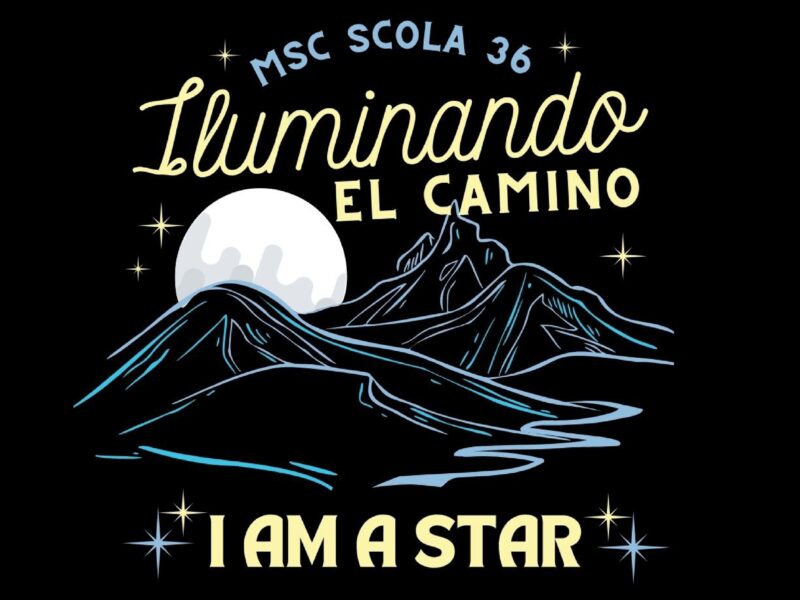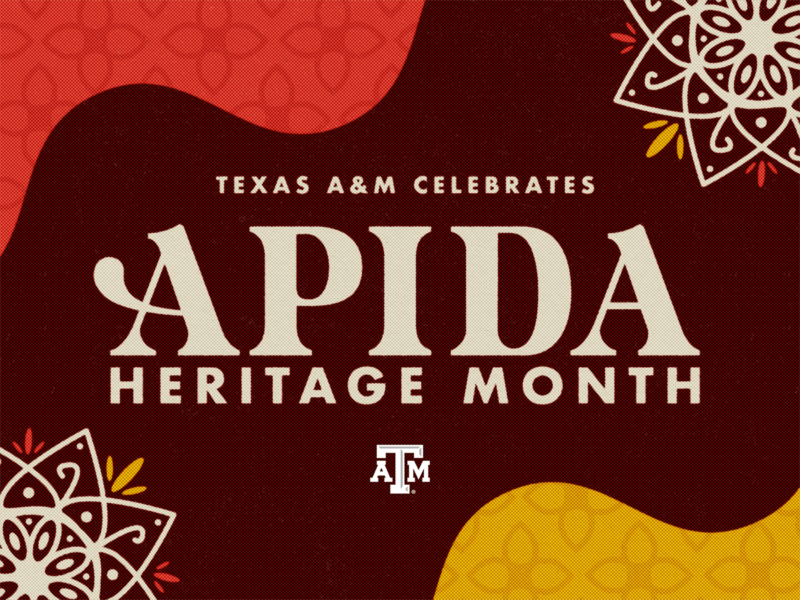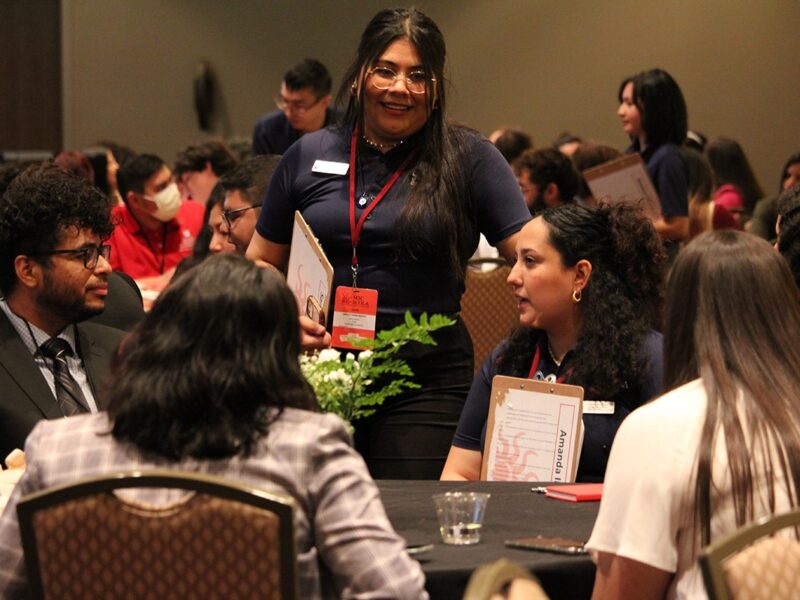Stonewall’s Impact, 50 Years Later
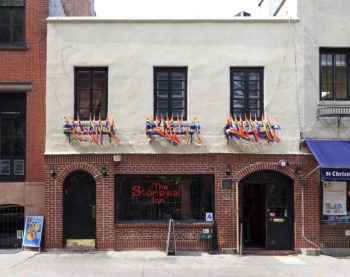
In the early hours of June 28, 1969, police raided the Stonewall Inn – not an altogether unusual occurrence at the Greenwich Village bar frequented by LGBTQ patrons. But on this day, the clientele resisted, marking a turning point in the fight for gay rights.
Accounts vary of the events of that day, but the main points remain the same: police entered the New York City gay bar during a wider crackdown for allegedly operating without a liquor license. The raid was disruptive and turned violent, and was ultimately met with resistance from members of the crowd, who clashed with police. Thirteen people were arrested during the conflict, and hundreds of people protested in the streets for days.
Terry Anderson, a professor in the Texas A&M University Department of History who is an expert on the American 1960s, said the Stonewall riots “fit perfectly” with the other revolts against institutional establishments of the time.
“It unleashed people to say, ‘Hey, it is our time, and we are going to stand up for our rights, and we deserve these rights,’” Anderson said.
Whether it be African Americans marching against Jim Crow segregation, activists protesting the Vietnam War or women advocating for equal rights, Anderson said people were being discriminated against in some form in each of those social movements in the 1960s. With the Stonewall riots, he said, members of the LGBTQ community joined previous activists in saying, “I’m not going to take this anymore.”
Organizations including the Mattachine Society and the Daughters of Bilitis played important roles in the LGBTQ political movement in the 1950s, Anderson said, but had not been very vocal. The Stonewall riots and ensuing days of protests have come to signify the birth of a new era for the movement.
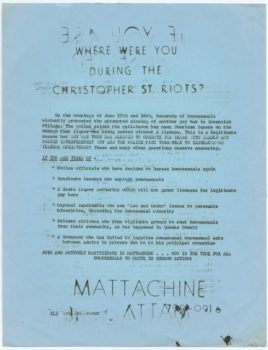
A flyer distributed by the Mattachine Society days after the conflict outlined the concerns of activists at the time, including police harassment of the LGBTQ community, the state liquor authority’s refusal to grant liquor licenses to gay bars and the exploitation of gay people by “syndicate leaders.” The flyer gave a call to action to “join and actively participate,” using what it referred to as the Christopher St. Riots as a reason for the LGTQ community to unite.
The first Gay Pride march in U.S. history marked the first anniversary of the events at the Stonewall Inn.
“All of a sudden, what you see by 1970 and the gay liberation marches, is signs that say, ‘Me too, Mom,’” Anderson said. “The gay liberation front was the new movement. These were young people that went out and said, ‘We’re here, we’re on the scene, America. You better get used to it.’”
Anderson said Stonewall jump-started the movement, with gay liberation marches held each year on the anniversary throughout the 1970s. This was a notable stride in the aftermath of the 1950s and 1960s. Anderson said homosexuality was still illegal in almost every state, and gay people feared losing their jobs if their sexual orientation was made known, among other forms of discrimination.
He said more strides were made for gay liberation during the 1970s, but the 1980s marked a decline with the Reagan Administration’s response to the HIV/AIDS epidemic. He called the photo of former First Lady Barbara Bush holding an infant suffering from AIDs a moment that signalized the U.S. government would begin to take the crisis seriously.
Anderson said “it’s a different planet completely” in the United States today when it comes to the treatment of LGBTQ people, adding the Stonewall Inn uprising led to the “liberation” of a group of people who were harshly discriminated against and whose opportunities “were slashed,” he said.
“It is truly amazing to see all this happen in 50 years,” Anderson said.
Media contact: Caitlin Clark, 979-458-8412, caitlinclark@tamu.edu.
